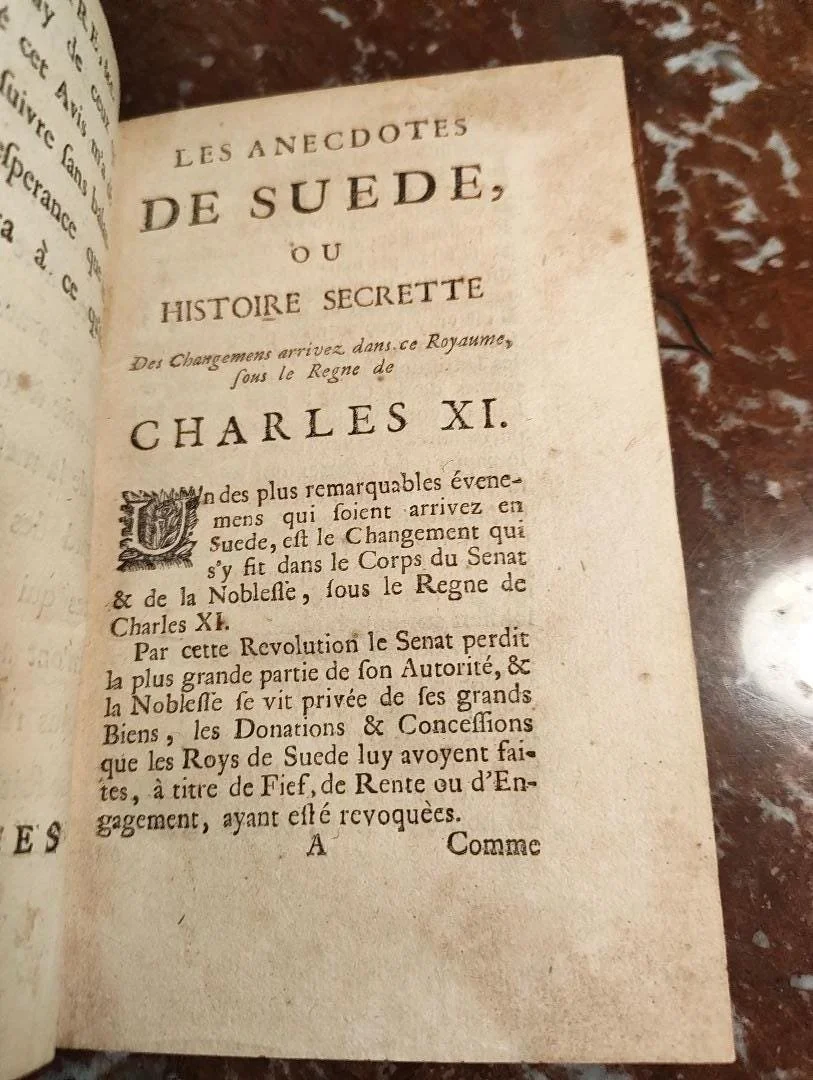 Image 1 of 9
Image 1 of 9

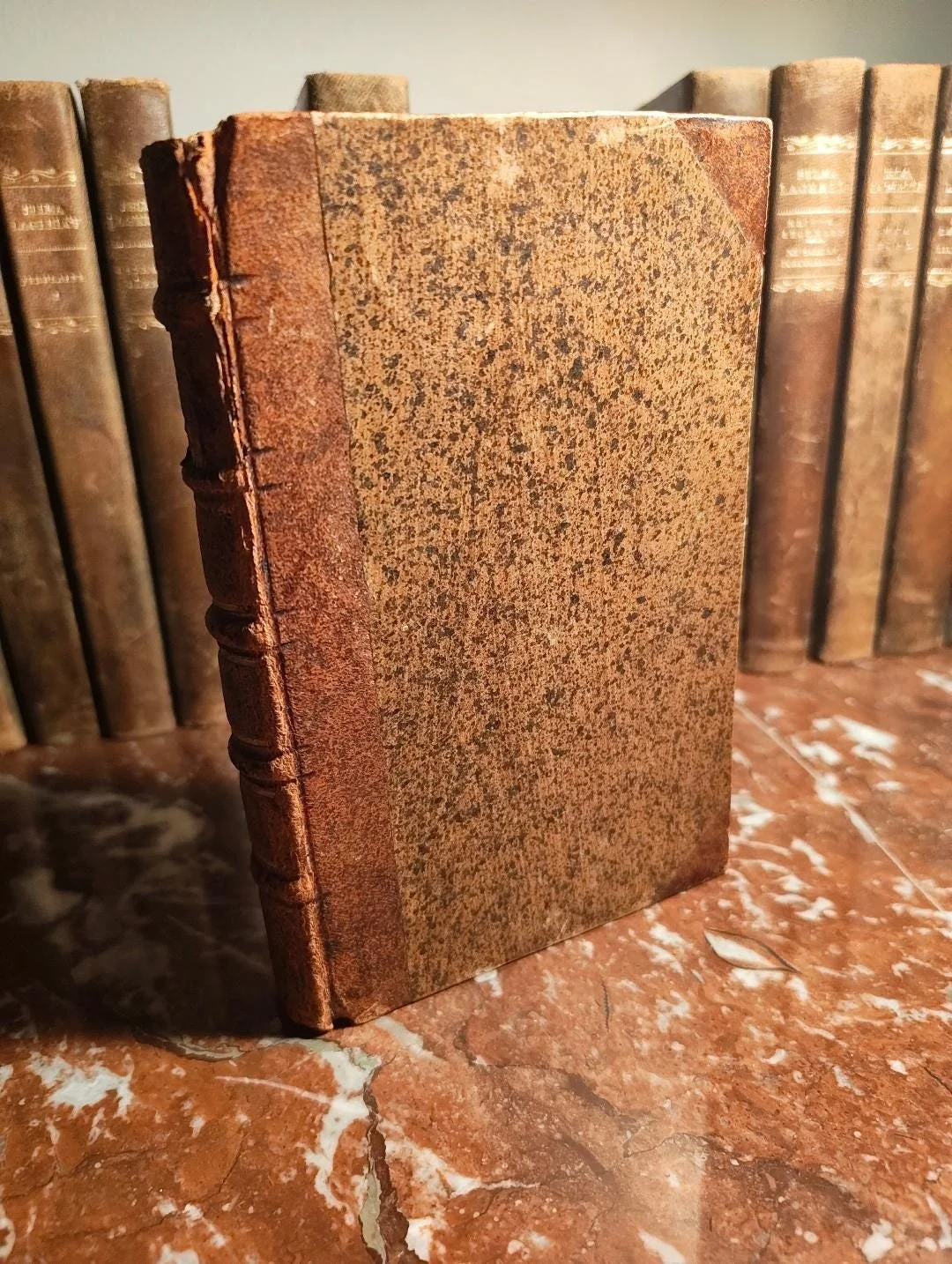 Image 2 of 9
Image 2 of 9

 Image 3 of 9
Image 3 of 9

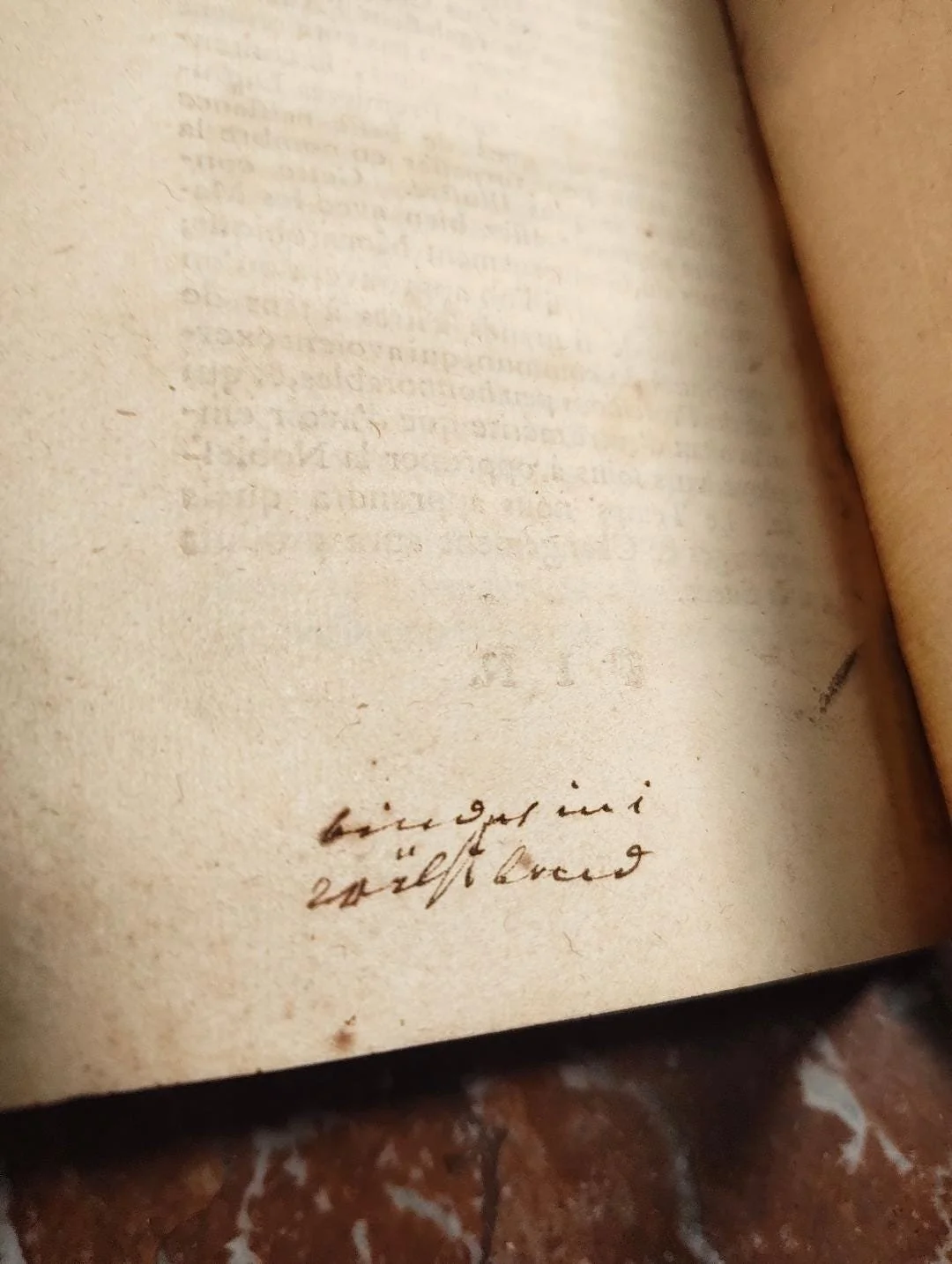 Image 4 of 9
Image 4 of 9

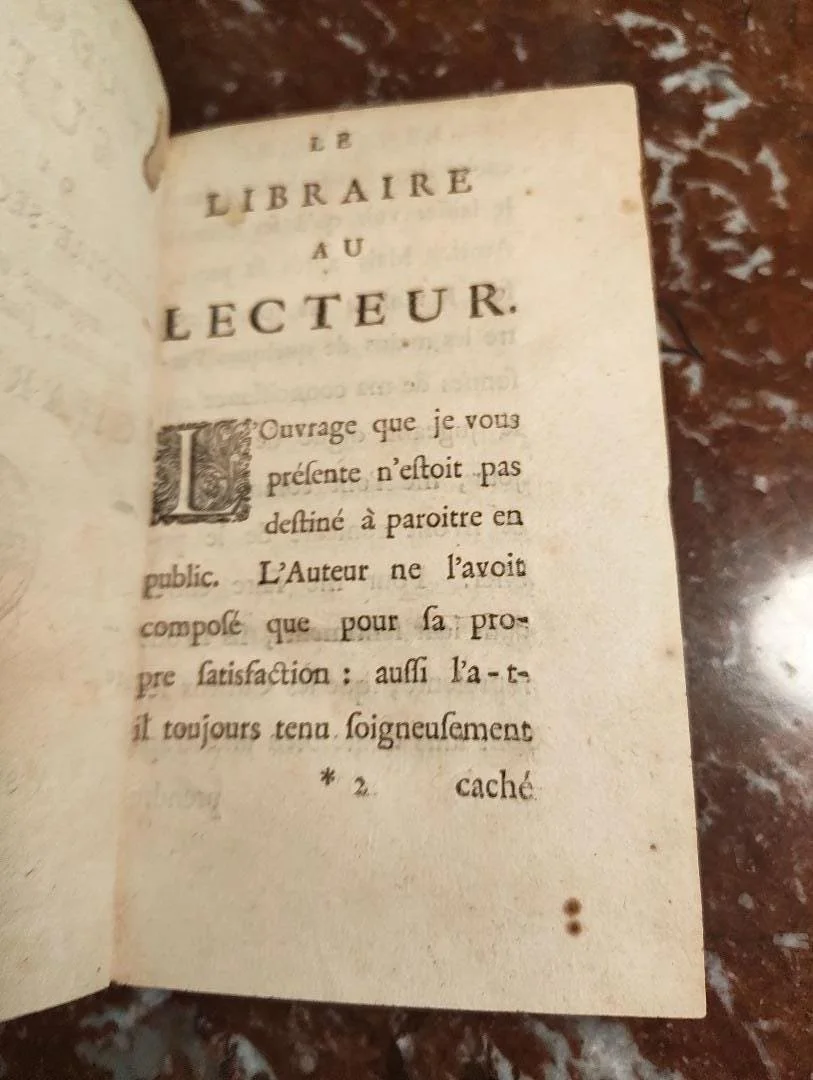 Image 5 of 9
Image 5 of 9

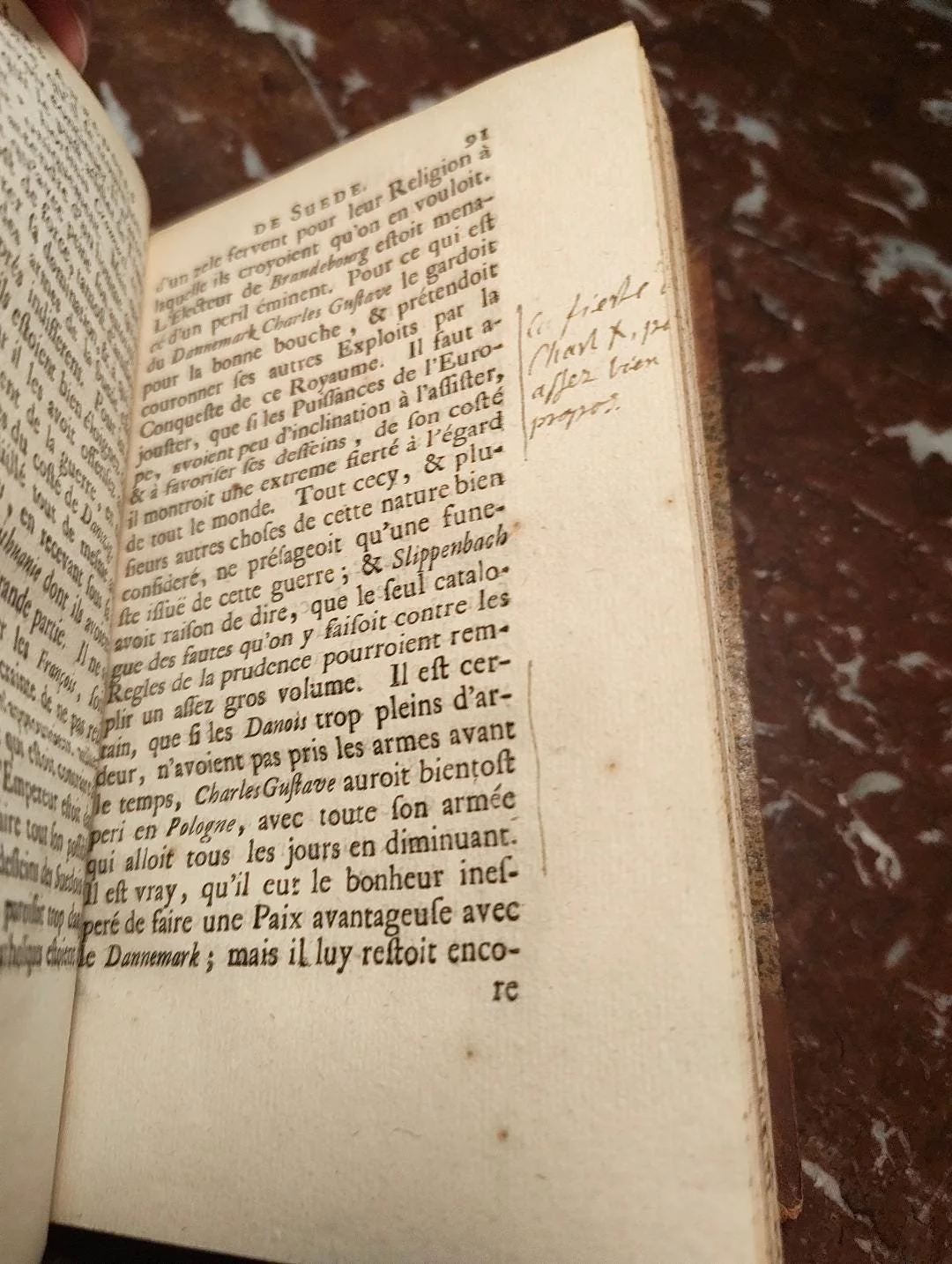 Image 6 of 9
Image 6 of 9

 Image 7 of 9
Image 7 of 9

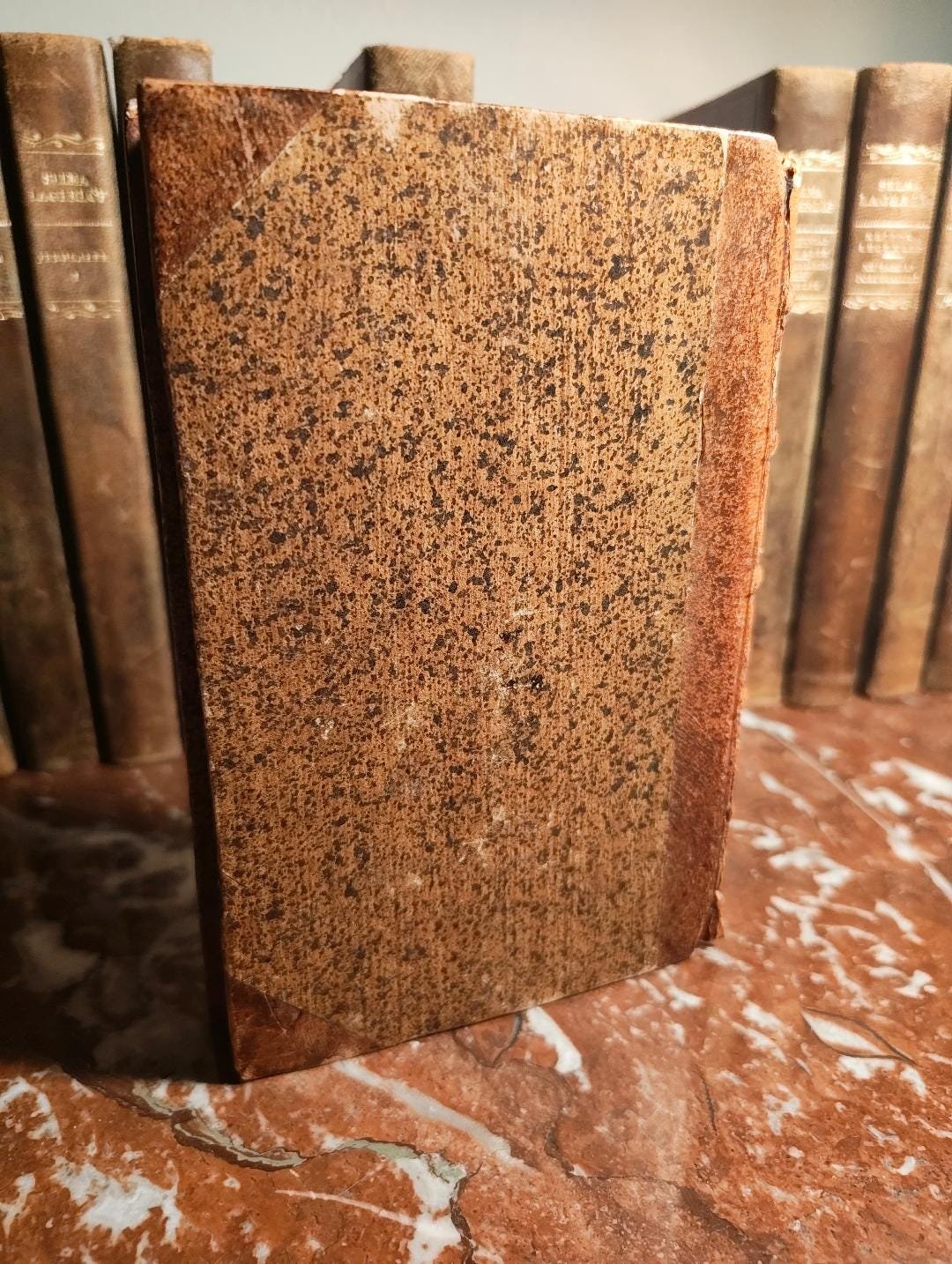 Image 8 of 9
Image 8 of 9

 Image 9 of 9
Image 9 of 9










Les Anecdotes de Suède
A rare French language witness to the Swedish Empire under King Charles XI
Printed in Stockholm in 1716, this scarce volume belongs to a small group of French language works produced in the northern capital during the final years of Sweden’s great power era. Intended for a continental readership, Les Anecdotes de Suède presents a vivid and often intimate portrait of the reign of King Charles XI, describing political reforms, court intrigues, and the atmosphere of a kingdom that played an unexpectedly large role on the European stage.
French was the language of diplomacy and cultivated readership in the early eighteenth century, and it is unusual to find such a work produced not in Paris or Amsterdam but in Stockholm itself. The book therefore offers more than historical narrative. It serves as evidence of Sweden’s ambition to frame and export its own story to Europe during a period of mounting geopolitical pressure and shifting alliances.
The contemporary half leather binding with speckled paper boards carries the marks of three centuries of careful handling. The spine shows wear at the head and tail, the corners are rubbed, and the boards bear the soft abrasion typical of eighteenth century bindings that have remained in continuous use. The interior is pleasantly preserved with clear type, occasional foxing, and a few small marginal notes that testify to an engaged early reader. The text is complete and structurally sound.
As an artifact, the book stands at the crossroads of Swedish statecraft and European curiosity. It reflects the desire to interpret the Swedish Empire for an international audience, and it preserves a version of that narrative before the fall of Charles XII and the end of Sweden’s imperial ambitions.
A compelling acquisition for collectors of Scandinavian history, early eighteenth century political literature, and works printed beyond the usual French centres. Suitable both for research libraries and for private collections that value the interplay between national history and the circulation of ideas in early modern Europe.
A rare French language witness to the Swedish Empire under King Charles XI
Printed in Stockholm in 1716, this scarce volume belongs to a small group of French language works produced in the northern capital during the final years of Sweden’s great power era. Intended for a continental readership, Les Anecdotes de Suède presents a vivid and often intimate portrait of the reign of King Charles XI, describing political reforms, court intrigues, and the atmosphere of a kingdom that played an unexpectedly large role on the European stage.
French was the language of diplomacy and cultivated readership in the early eighteenth century, and it is unusual to find such a work produced not in Paris or Amsterdam but in Stockholm itself. The book therefore offers more than historical narrative. It serves as evidence of Sweden’s ambition to frame and export its own story to Europe during a period of mounting geopolitical pressure and shifting alliances.
The contemporary half leather binding with speckled paper boards carries the marks of three centuries of careful handling. The spine shows wear at the head and tail, the corners are rubbed, and the boards bear the soft abrasion typical of eighteenth century bindings that have remained in continuous use. The interior is pleasantly preserved with clear type, occasional foxing, and a few small marginal notes that testify to an engaged early reader. The text is complete and structurally sound.
As an artifact, the book stands at the crossroads of Swedish statecraft and European curiosity. It reflects the desire to interpret the Swedish Empire for an international audience, and it preserves a version of that narrative before the fall of Charles XII and the end of Sweden’s imperial ambitions.
A compelling acquisition for collectors of Scandinavian history, early eighteenth century political literature, and works printed beyond the usual French centres. Suitable both for research libraries and for private collections that value the interplay between national history and the circulation of ideas in early modern Europe.

